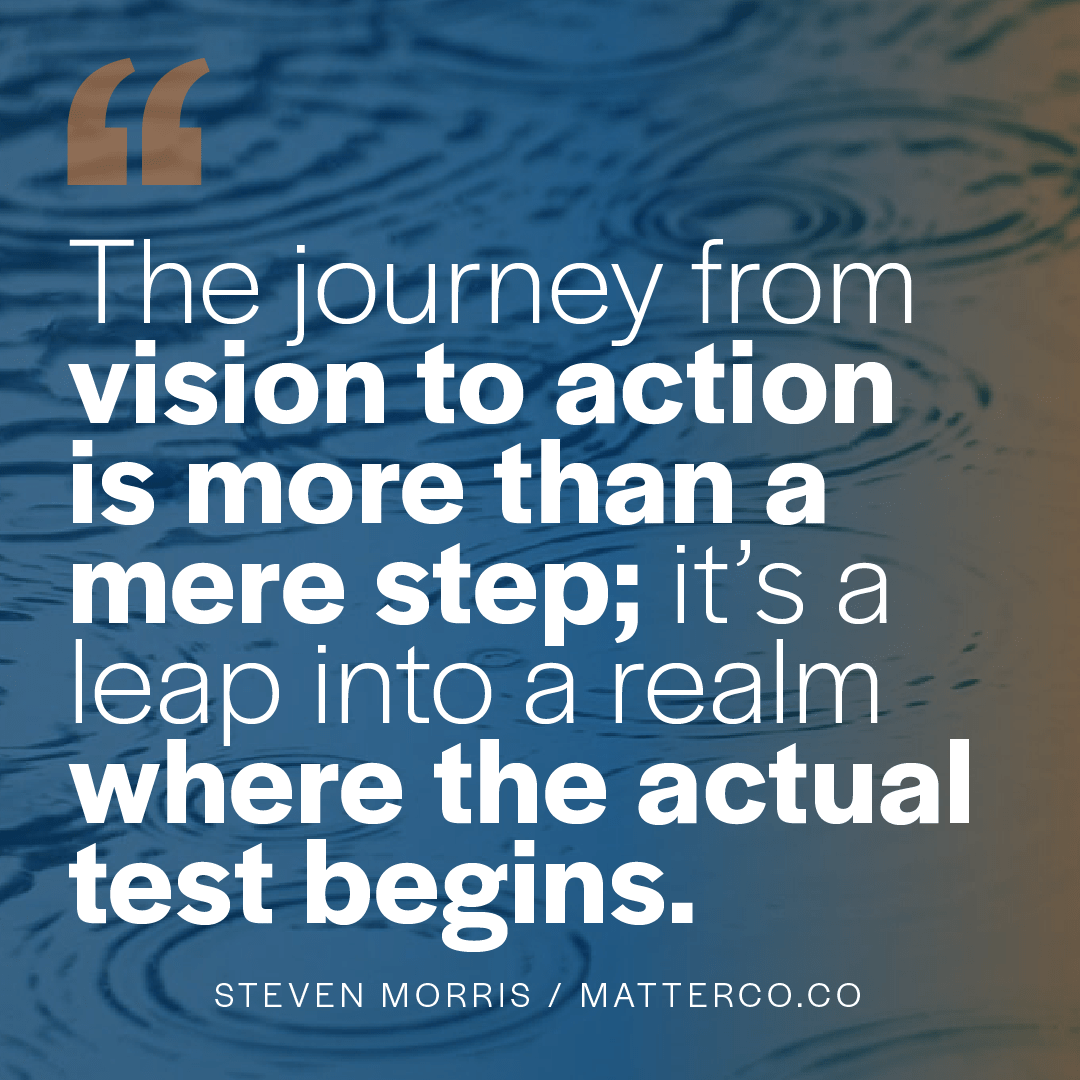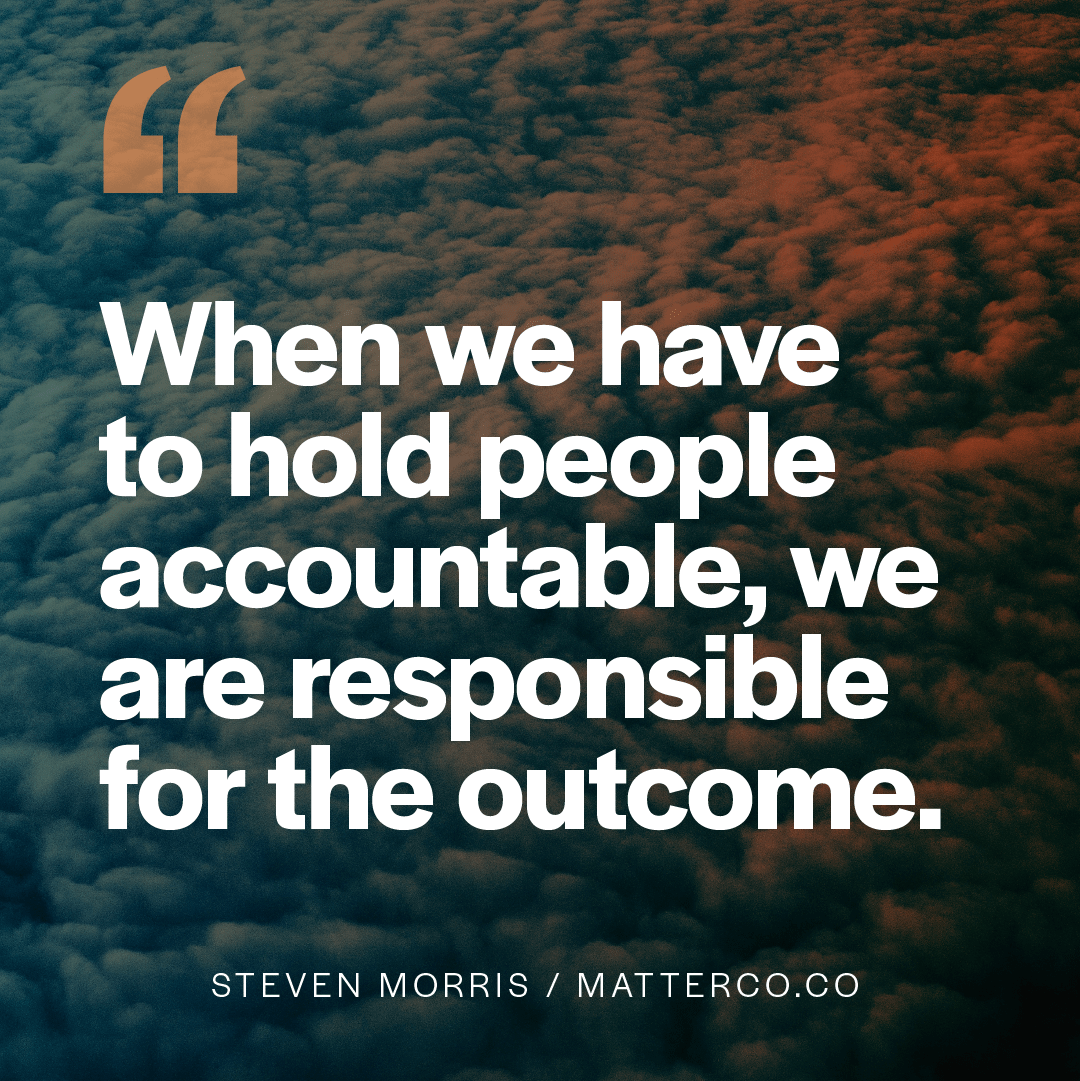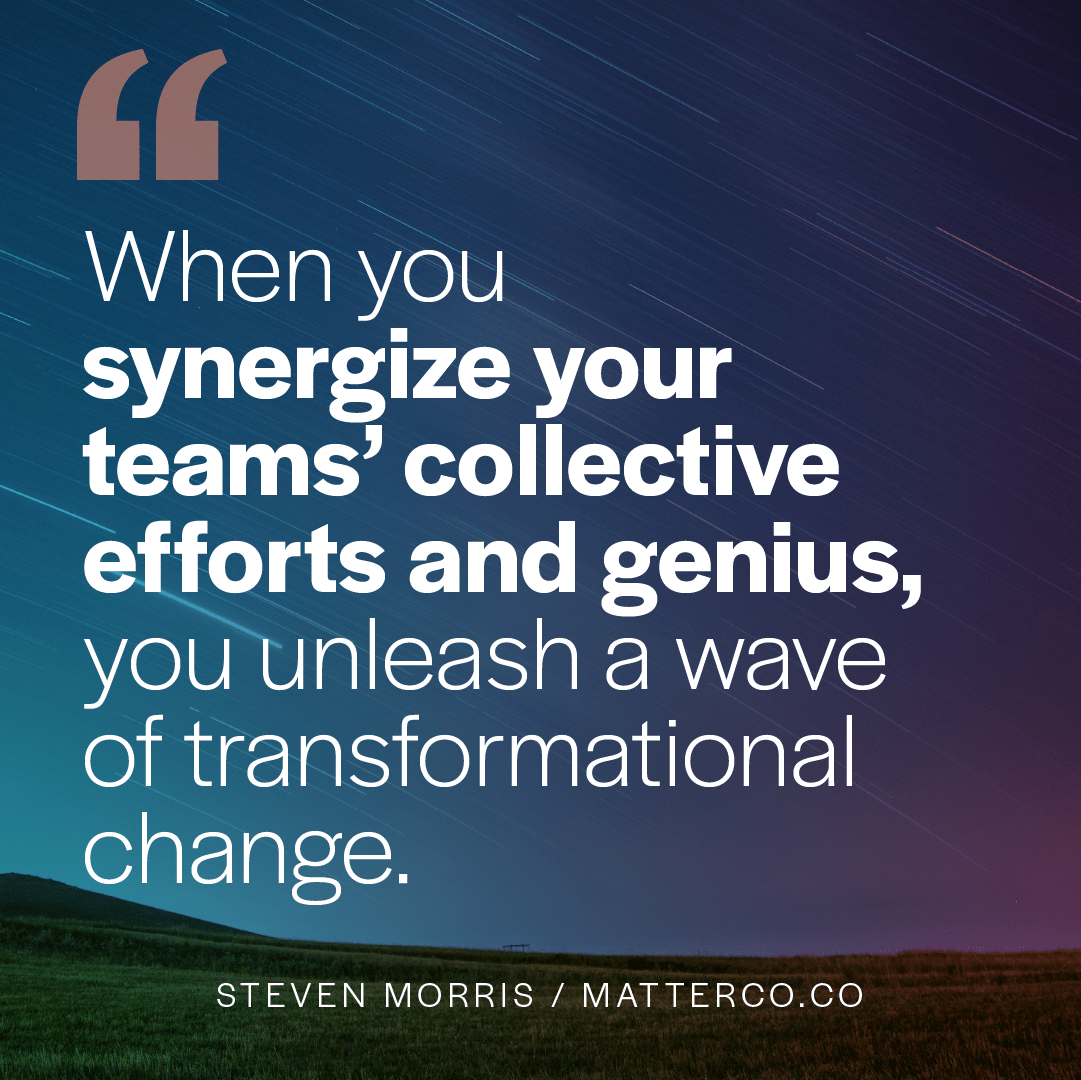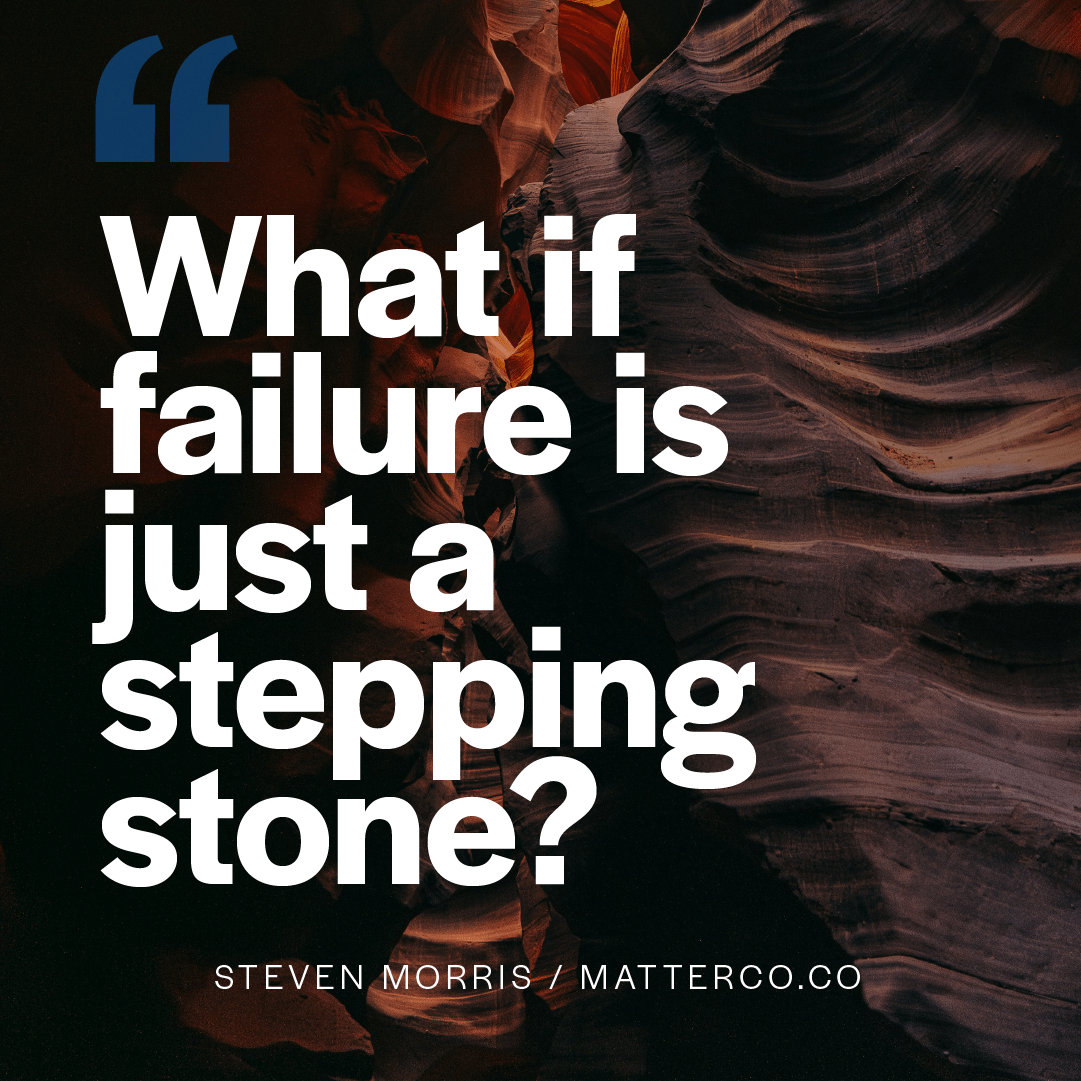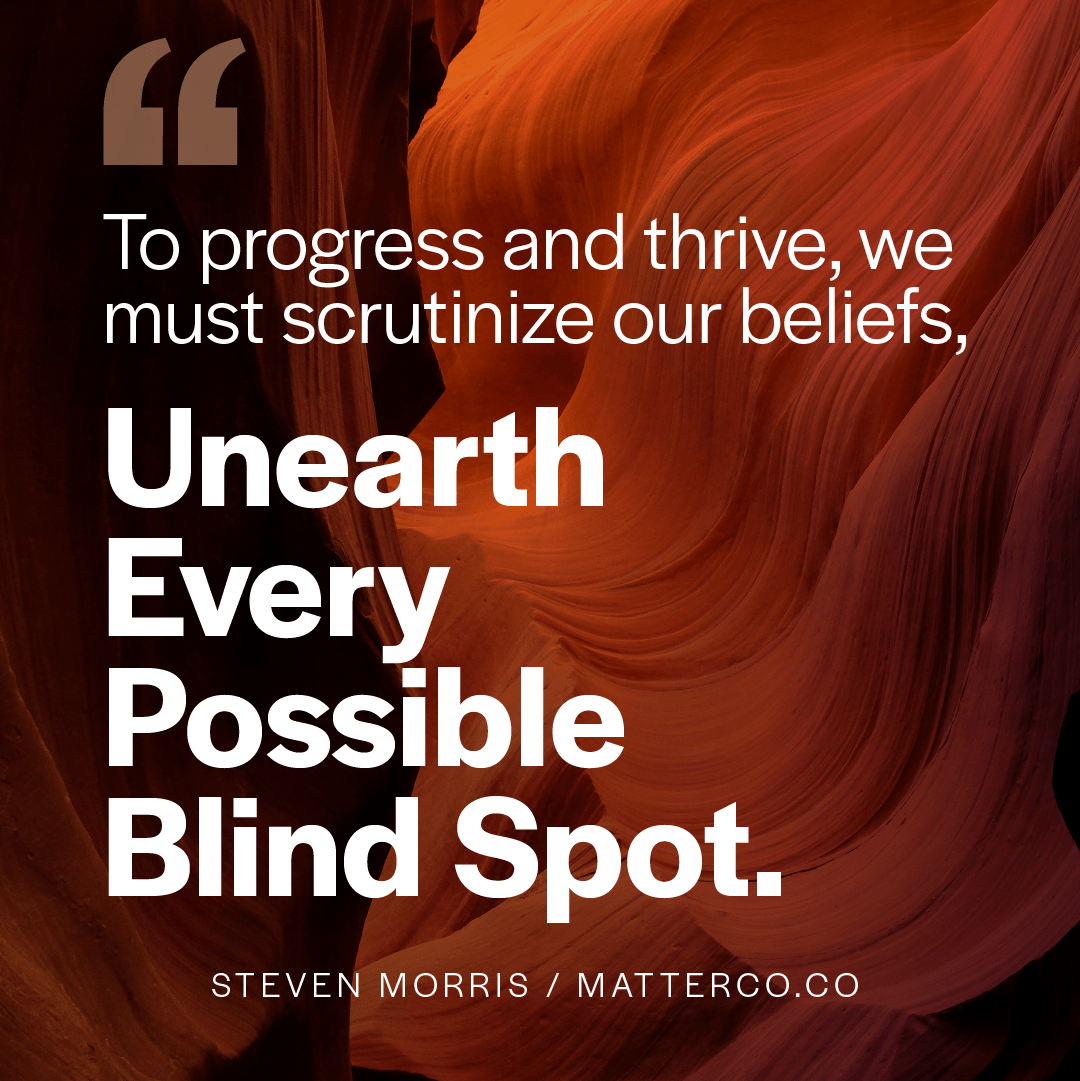
Let’s Cut Through The B.S., Shall We?
The recent passing of Harry G. Frankfurt, the American philosopher who dug into the topic of “On Bullshit” in 2005, reminds us of a fundamental truth. B.S. is more insidious than mere lies. It’s the act of making statements not to deceive deliberately but solely to impress, completely disregarding the truth.
Frankfurt’s paper, written back in the mid-1980s under the same title as his later book, shed light on a relevant and prevalent but often overlooked aspect of our culture: a form of dishonesty akin to lying, yet even more dismissive of reality.
Lies at least recognize the truth, even if it’s to avoid it. But the ‘bullshitter,’ as Professor Frankfurt so aptly put it, lives in a world of complete indifference to how things truly are.
Let’s take this thinking into personal and business growth. We know that part of our growth requires continually challenging what we think we know and, more importantly, what we assume to be true about ourselves or our business. The truth is, we’re often pretty good at fooling ourselves.
To progress and thrive, we must scrutinize our beliefs, unearth every possible blind spot, and, most crucially, take ownership of our own B.S.
Thriving individuals and organizations are those that embrace the power of ‘I don’t know’ not as ignorance but as a beacon of self-awareness and confident humility.
The unfortunate truth is that overconfidence and, dare I say it, even doses of dishonesty can serve as potent assets when seeking to gain and maintain power.
Launching an initiative might necessitate holding a vision of what’s yet to be created, but as time goes on, we must rely on rigor, empirical evidence, and sound decision-making to manage through the reality we’re working and living within.
But there’s a catch. B.S. has a curious adaptive quality.
In the business and entrepreneurial worlds, where uncertainty lives and breathes, leaders often find themselves fashioning a vision of their organizations that may be more fanciful than factual. It’s an artful act to instill purpose and inspiration among our teams, but when it’s taken too far, shaping a vision can turn into B.S. Doing this is a trust-killer.
To some extent, ‘hubris’ may be unavoidable, but a grave danger lurks when it pervades to the point where people are oblivious to their own deceit. Escaping this labyrinth of deception and returning to the path of truth becomes daunting.
Beneath it all lies a profound and heartbreaking abandonment of personal truth and integrity when we can no longer detect our own B.S.
Today, more than ever, we crave leaders who seek the truth about their impact and continuously seek feedback from those unafraid to speak the truth to them.
But let’s face it; power can make such quests anything but easy.
In the world of corporate life, this issue of B.S. remains pervasive and sorely under-discussed.
Over to you.
Where in your life are you entangled in the web of self-deception?
Where do you see unaddressed B.S. show up in your culture?
How many cultures have you encountered where B.S. was hailed as essential for success? Or where B.S. held teams back from their greatest success?
Remember, someone can’t lie unless they think they know the truth, but producing B.S. requires no such conviction. B.S. is unavoidable whenever circumstances require someone to talk without knowing what they are talking about.
Because we live in a relational world, we know ourselves in relationships and through our responses with other things. But, facts about yourselves and our world-view are not as tangible as we think. This makes truth-telling and B.S.’ing so slippery.
The balance of steak and sizzle is a delicate dance. Developing your own B.S. detector — in yourself and of others — is a practice we can all improve. It starts with no longer B.S.’ing ourselves and calling it out when we see it in others.
If you found this topic interesting or valuable, here are some related articles for you.
If you want a more trusting team, a culture of belonging or a magnetic brand that attracts more of the right customers, I can help. If you'd like to explore if working together makes sense, drop me a line.




